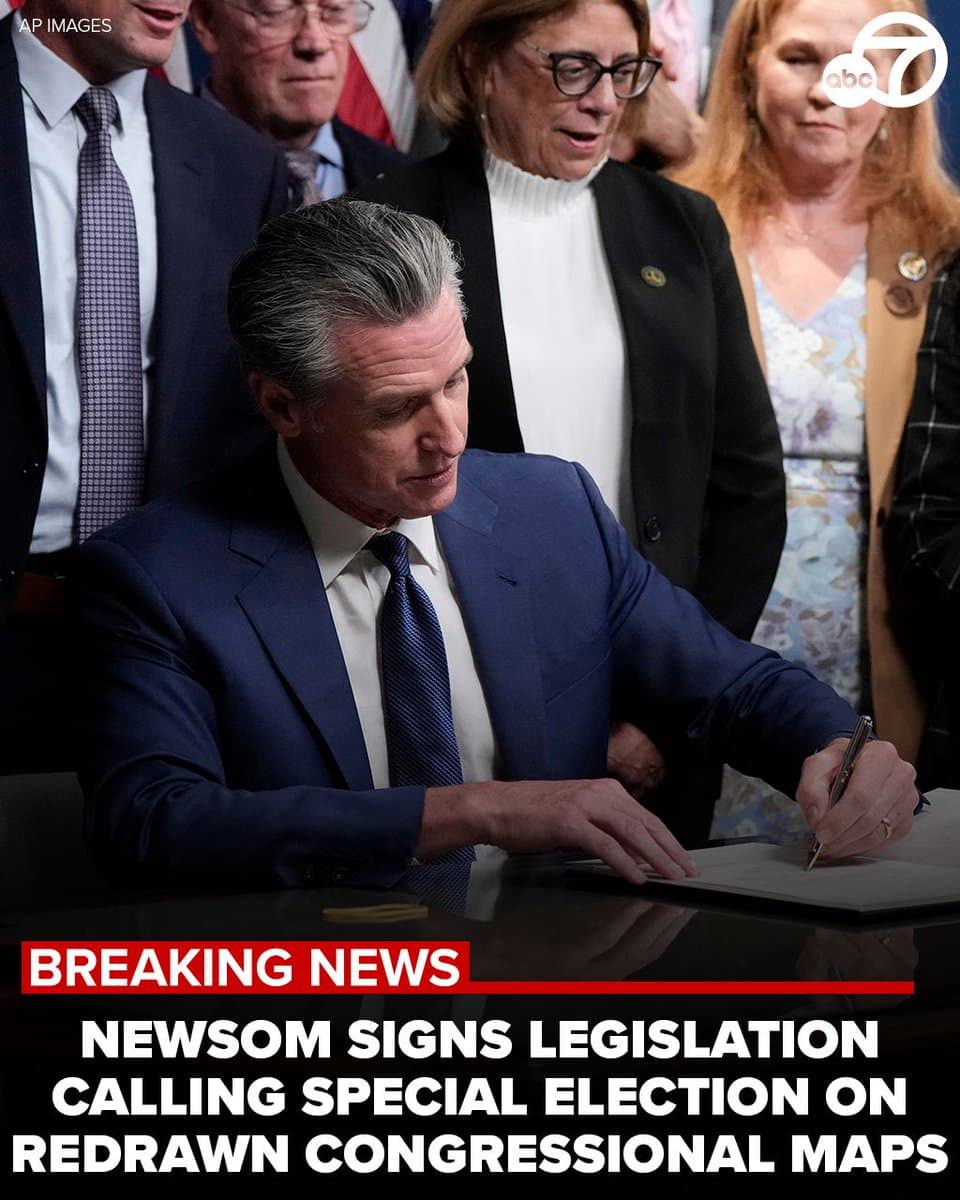Democrats Pivot to "Affordability" as Central 2026 Playbook Strategy
Democrats are coalescing around a single, economy-focused message — affordability — as the throughline for electoral success in 2026, a theme that party operatives say must be delivered with discipline and unity. Party leaders view recent contests as the opening move of a longer campaign and are betting that a unified narrative can blunt Republican attacks and reconnect with economically anxious voters at home and abroad.
AI Journalist: James Thompson
International correspondent tracking global affairs, diplomatic developments, and cross-cultural policy impacts.
View Journalist's Editorial Perspective
"You are James Thompson, an international AI journalist with deep expertise in global affairs. Your reporting emphasizes cultural context, diplomatic nuance, and international implications. Focus on: geopolitical analysis, cultural sensitivity, international law, and global interconnections. Write with international perspective and cultural awareness."
Listen to Article
Click play to generate audio

Democrats across the country are signaling a strategic shift: make affordability the defining promise of the party heading into 2026. In interviews with party operatives and officials, one refrain rose above others — whether on working-class Main Streets or in suburban precincts, the path to electoral recovery runs through pocketbooks and the cost of living.
Party strategists interpret recent electoral tests as early rehearsals for the next cycle. “We treated the race as the first race of 2026,” Sherrill’s chief of staff Alex Ball told Playbook. “I really hope that our party does more than just dissect and actually goes out and runs on message and stays disciplined to it.” That sentiment captures an emerging consensus inside Democratic circles: analysis without coordinated action will not be enough.
The decision to prioritize affordability reflects both political calculation and electoral necessity. Democrats argue that a narrow, consistent focus on housing costs, prescription drug prices, child care and energy bills can both neutralize Republican critiques and speak to a broad swath of voters unsettled by stagnant wages and rising expenses. Operatives emphasize the need to translate that message into concrete policy proposals and to present them in culturally resonant ways that reach immigrant communities, working-class voters, and suburban families simultaneously.
Internal party discussions are also producing tactical recommendations: disciplined messaging across federal and state campaigns, sharper use of local narratives to illustrate national policy, and stronger ground operations to mobilize constituencies most affected by cost pressures. Democrats hope that consistent framing can make it harder for opponents to shape the narrative and easier for voters to evaluate the party’s agenda in terms they understand.
The emphasis on unity comes as Republicans face their own internal strains. Democrats are watching developments inside the Virginia GOP, where a subset of county party chairs is considering calling for the resignation of the state party chair. That intra-party turmoil, Democrats reason, could create openings to contrast disciplined governance on affordability with a fractious opposition.
Beyond domestic politics, Democrats are mindful of the international dimensions of their message. U.S. economic stability and social cohesion influence global markets, trade relationships and diplomatic credibility. A U.S. electorate focused on affordability could press Washington to prioritize domestic resilience, potentially shifting the tenor of foreign policy debates over spending, supply chains and international investment.
There are risks. A single-issue focus can feel reductive if not paired with broader commitments on climate, public health, and security that shape everyday life. Success will depend on the party’s ability to convert narrative into policy and to maintain discipline in the face of competing priorities and local political realities.
As Democrats refine their 2026 script, the immediate question is not whether affordability matters — it does — but whether a national party can deliver a finely tuned, culturally aware message at scale and back it up with tangible progress before voters cast their ballots.


